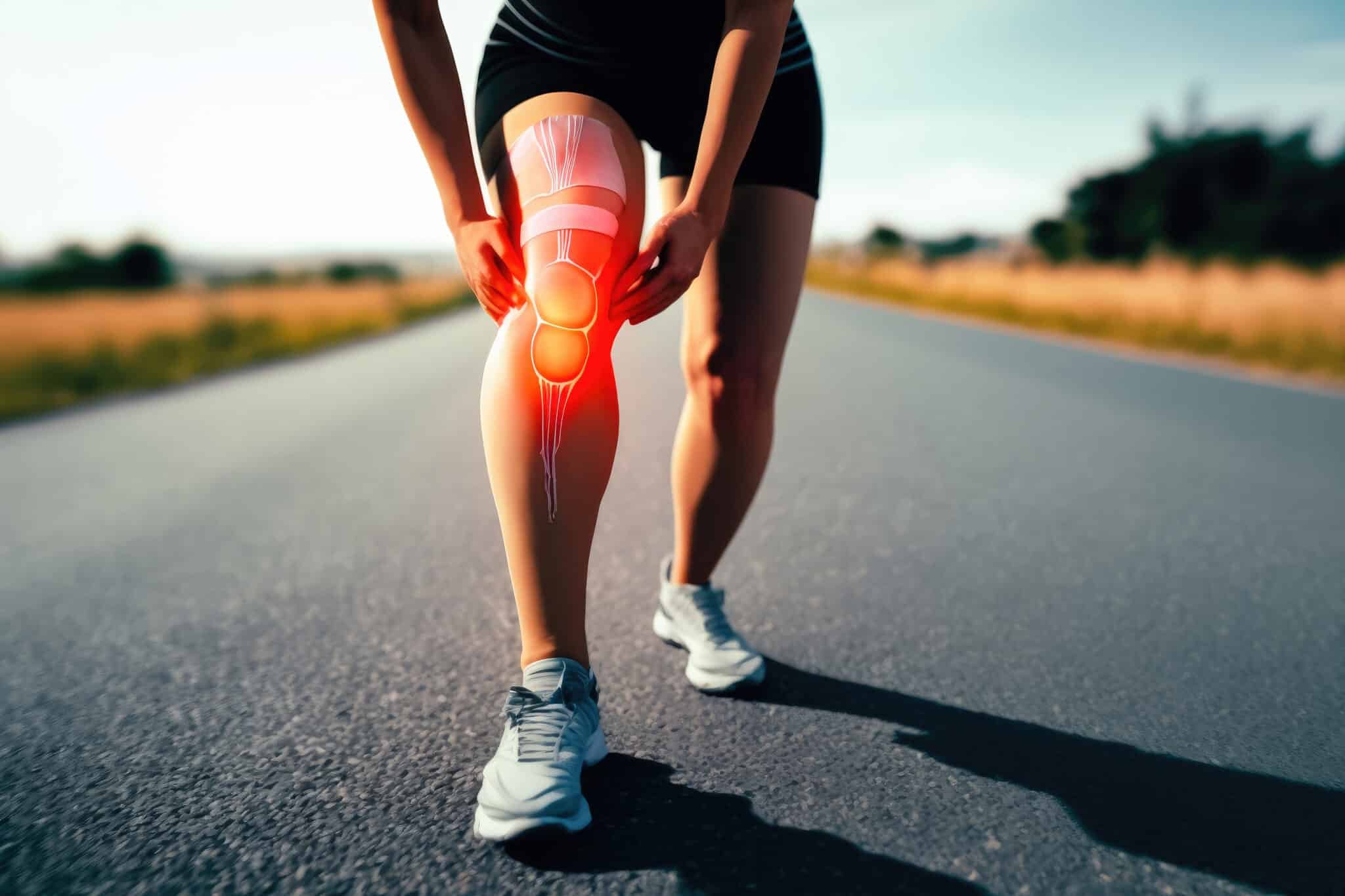Why Most People Shouldn’t Run
If you were like me, you probably think that you should be running more; that’s what healthy people do right? It helps with weight-loss, it’s good for your heart, and it has been supported by the medical establishment and athletic brands alike for the last 50 years.
With that in mind, once or twice a week I’d force myself to wake up early and head outside or drive to the gym after work to go for a run. I’d be tired, hungry and generally miserable until after the run was finished, then I’d feel good.
I did this for years but didn’t notice any difference with weight or overall health. If anything, both continued to slowly decline. I wondered what I was missing.
It wasn’t until I stumbled upon the primal/ancestral health movement that the concept of ‘cardio’ was flipped on it’s head- I realized that most people should not be running, especially if they are overweight; instead, walking is actually the single best exercise you can do for your health.
It seems counter-intuitive at first glance, but it makes sense as you take a closer look at how humans have lived and thrived for thousands of years before jogging/running became a thing.
Our ancestors walked A LOT and sprinted a little. Walking was necessary to get anything done- hunting, gathering, building, playing, the list goes on and on. The occasional short burst of speed was needed for survival too, but what you didn’t see was running a consistent 7-8 minute mile pace for multiple miles. Running is calorically demanding and didn’t make sense in a time when calories were so scarce.
So what does this mean for the modern jogger/runner? Why are so many folks that are running 10Ks and marathons overweight? Something isn’t adding up.
When you look at runners today, they are dealing with a host of problems including joint injuries, overeating of refined carbs which leads to inflammation, heart problems, poor immune function, and they often lack strength. Weight-loss seems to be challenging for many as well.
Let’s dig a little deeper into each of these common problems:
To complete these long runs, the vast majority of runners are fueling their bodies with refined carbs- pasta, bread, shakes, sweets, and grains. Although it gives them the energy needed to run, these foods produce an inflammatory response in the body. This results in gut issues, poor skin health, significant blood sugar swings and it negatively affects the immune system.
The significant carb intake also means their bodies never learn to burn fat for fuel, hence the struggle to lose body fat. So while these runners tallying up the miles, their overall health is actually declining.
Joint pain is a common problem as well. I’m sure each of you know someone who used to be a runner who can now barely walk without pain. There’s two aspects to joint pain:
The modern running shoe is doing more harm than good. I’ll do a separate post on how its design encourages poor running form and what you should transition to for better joint health.
The fact that most peoples’ joints (especially if they are overweight) cannot handle the repetitive, long-term impact as a result of running. Are these early years of running worth decades of joint pain later in life? I don’t believe so.
Finally, the human heart isn’t designed to handle the stress that comes with years of endurance training. Anecdotally, if you know endurance athletes, I’m betting they know seemingly healthy folks who have dealt with their share of heart problems including strokes, heart attacks, arrhythmias, etc. The research is also starting to support this as well.
As always, health is nuanced, individualized, and constantly evolving. Running works great for some people, but for most people, walking is your better bet for long-term weight loss, heart health, and joint health. Plus, walking is actually enjoyable. Running, on the other hand is not. I encourage my clients to make walking a part of their daily activities and the foundation to their exercise routine.
What do you think about running or walking? Share your comments below!



